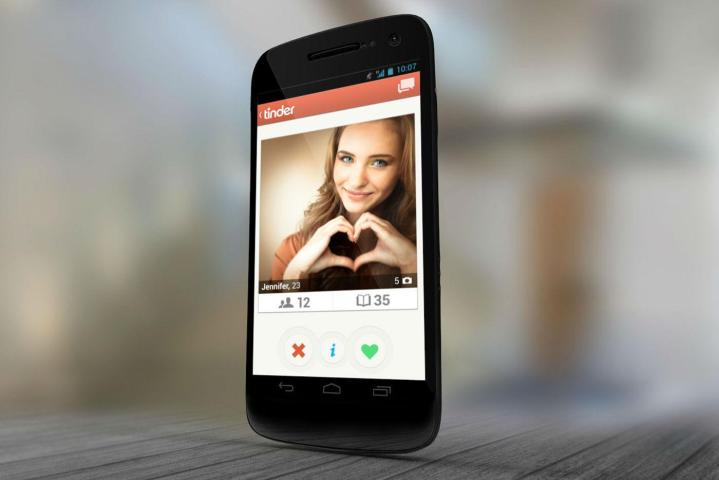
In fact, so irked by the PSA is Tinder that it has sent the AIDS Healthcare Foundation a cease and desist letter, which claims, “These unprovoked and wholly unsubstantiated accusations are made to irreparably damage Tinder’s reputation in an attempt to encourage others to take an HIV test by your organization.” Grindr, for its part, has stopped running AHF’s paid advertisements for free STD tests.
This is by no means the first time that dating apps have been blamed for the increase in venereal disease occurrences — most recently, Rhode Island claimed that the popularity of such apps (which have quickly developed a reputation for catalyzing casual sex rather than committed relationships) led to the rise of syphilis, HIV, and gonorrhea in the state. But whereas previous reports have been more low-key in their damnation, these high flying billboards in Los Angeles are catching everyone’s attention.
In response to the backlash AHF has received from the two apps that are called out on their signs, Michael Weinstein, president of AHF, told the Guardian. “They’re tone deaf. It would have been much wiser for them to say that they’re concerned about their customers and look forward to working with us to help people get the checkups that they need.” Both Tinder and Grindr have stayed mute on the subject, apparently attempting to distance themselves from even a conversation about safe sex and STDs.
“Mobile dating apps are rapidly altering the sexual landscape by making casual sex as easily available as ordering a pizza,” Whitney Engeran-Cordova, a senior director at the AHF, pointed out in a statement. “In many ways, location-based mobile
So swipe with caution, friends. Or maybe, have one of your pictures be a photo of a clean health record.
Editors' Recommendations
- Have one of these Google Pixel phones? You’re getting Circle to Search
- Have a Google Pixel phone? You’re about to get these new features
- If you have one of these Motorola phones, you’re getting a big Android update
- I’ve been using Android 14 for months. Here’s why you’re going to love it
- Vulnerability steals data from Intel and AMD CPUs — and you’re probably affected


